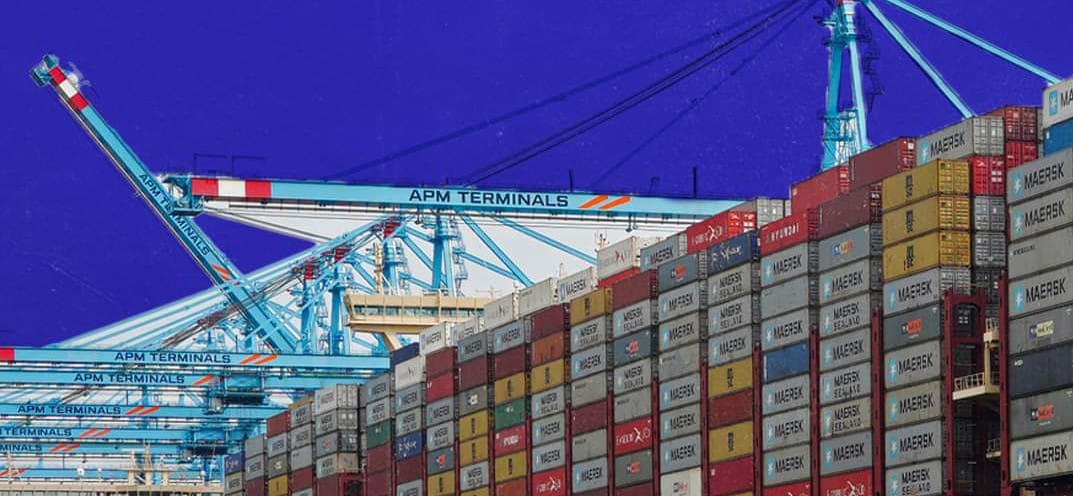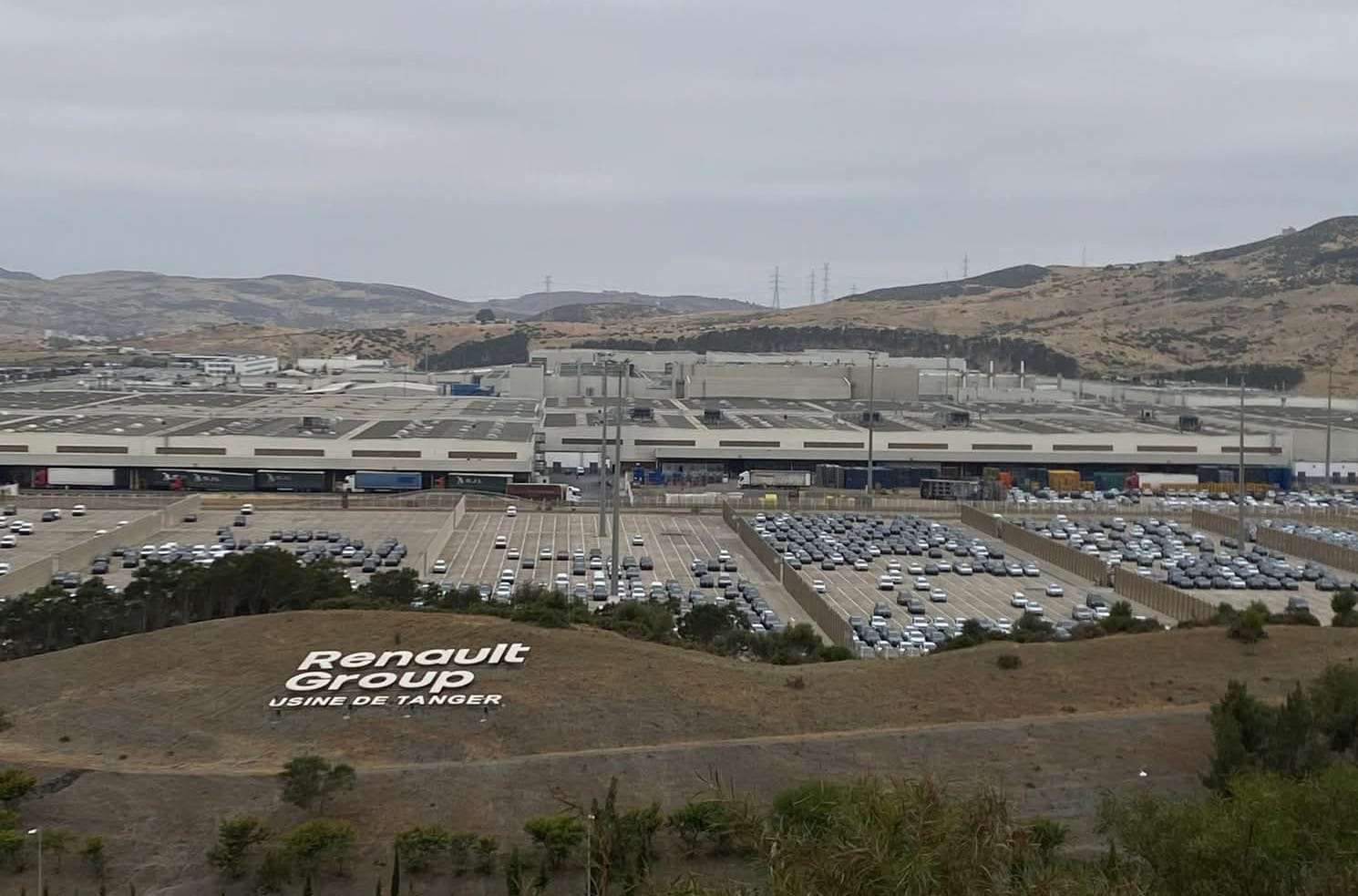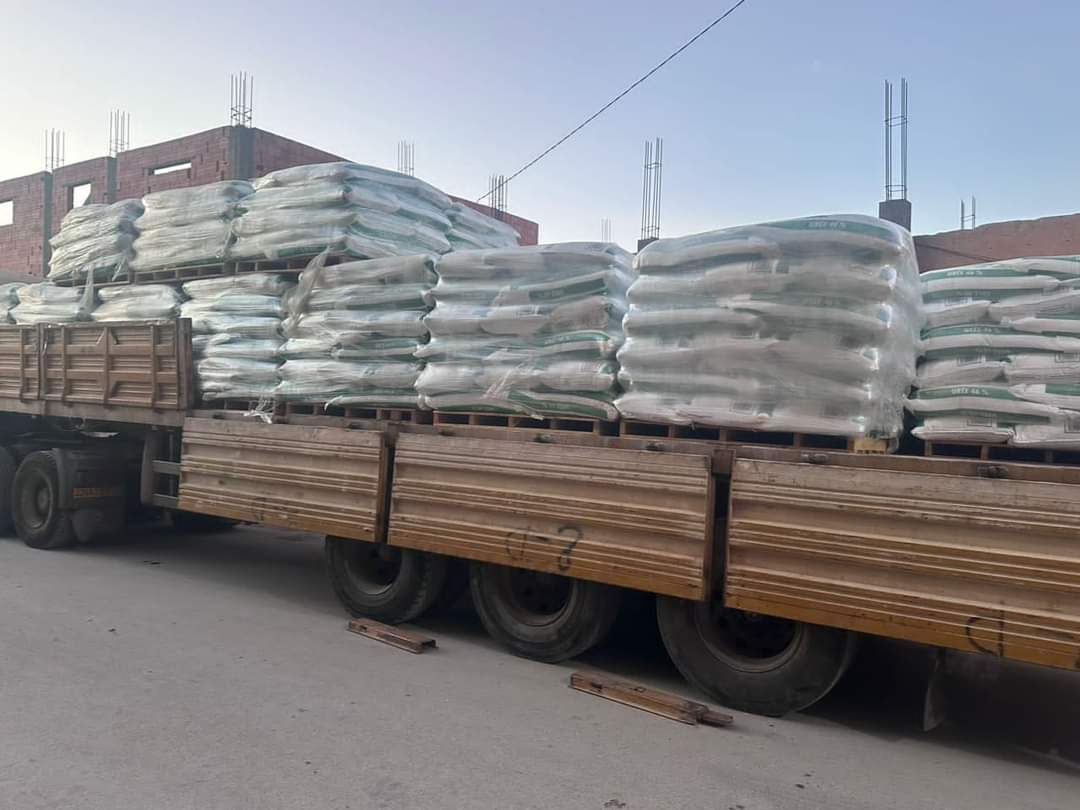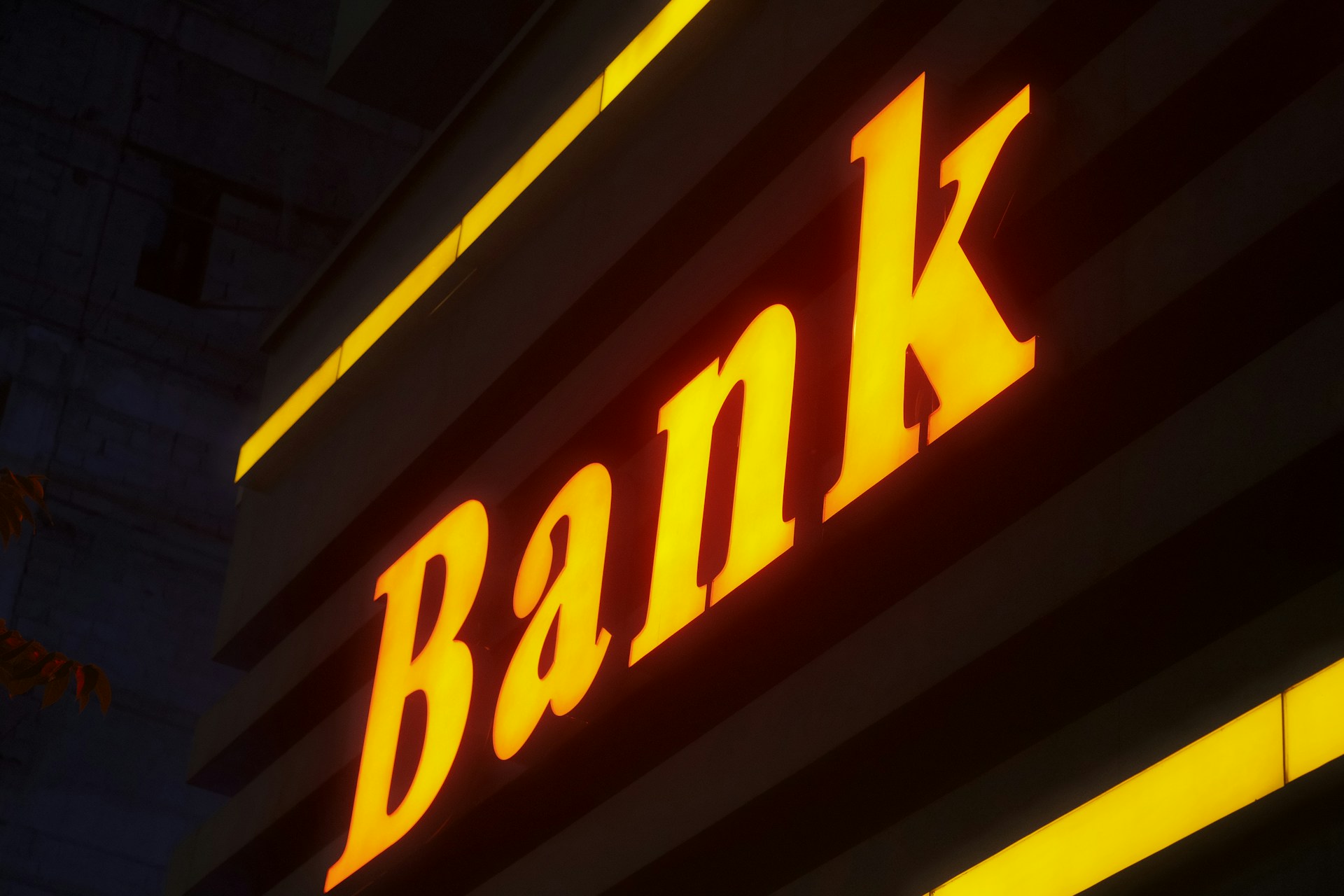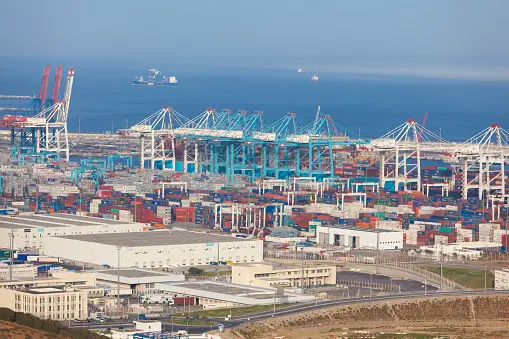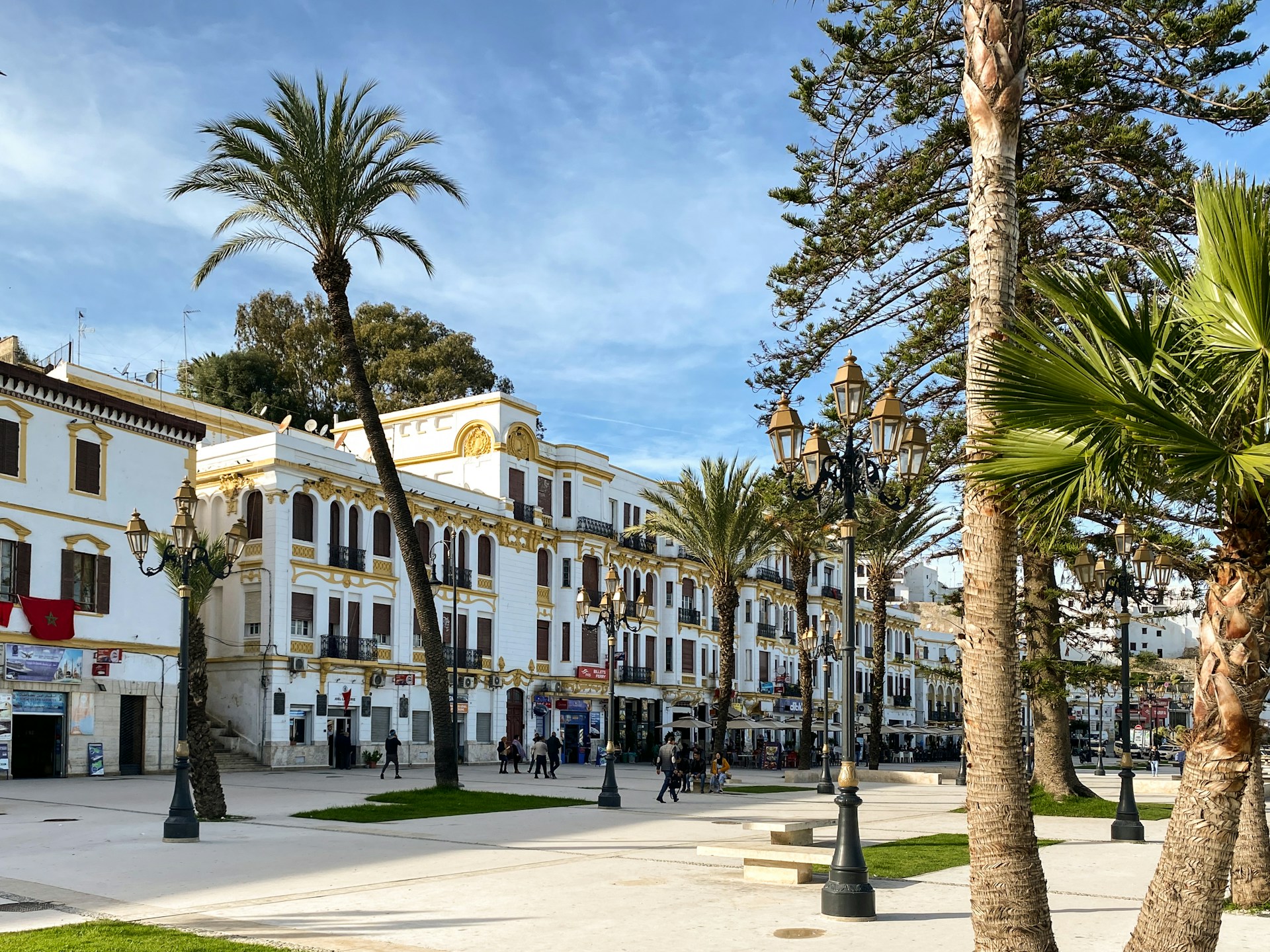Casablanca – Morocco’s economy is set to accelerate in the coming years, according to the latest quarterly report by the Organization for Economic Cooperation and Development (OECD). The report forecasts a GDP growth of 4.1% in 2025 and 3.8% in 2026, driven by robust private consumption, increased foreign direct investment (FDI), and a booming tourism sector.
Despite grappling with economic and climatic pressures, Morocco is poised for significant growth. The OECD attributes this optimism to a combination of factors, including rising real incomes, an influx of FDI, and record-breaking performance in the tourism sector. The recently implemented investment charter is also playing a pivotal role by enhancing industrial output and boosting exports, further diversifying the country’s economic foundations.
Inflation, which has been notably low at under 2% this year, is projected to see a slight uptick after April 2025. This rise is linked to the government’s gradual reduction of subsidies on butane gas, a move aimed at streamlining public finances while balancing consumer impacts.
Morocco’s industrial sector has emerged as a star performer, buoyed by strong international demand for key exports such as automobiles and aerospace components. Conversely, the agriculture sector, traditionally a cornerstone of the economy, has faced setbacks. Consecutive years of drought and low rainfall have led to a 4% contraction, impacting rural incomes and employment.
The OECD highlights a 5% rise in exports during the first nine months of 2024, driven by a surge in industrial production and expanding tourism. Meanwhile, FDI inflows have skyrocketed by over 50% year-on-year, thanks to government initiatives and the establishment of advanced ecosystems, particularly in high-tech industries like electric vehicle battery production.
To sustain and amplify this economic momentum, the OECD recommends Morocco pursue structural reforms, including gradually reducing government subsidies in targeted sectors, encouraging greater female workforce participation, and investing in education and vocational training to address demographic challenges.
The OECD also underscores the importance of mitigating the effects of climate change and water scarcity, emphasizing the need for financial governance reforms to ensure the sustainability of public debt. Despite its promising outlook, Morocco faces potential risks, including a slowdown in the Eurozone, rising global energy and food prices, and the threat of prolonged droughts.
The OECD advises the Moroccan government to maintain flexible and adaptive policies to navigate these uncertainties effectively. With strategic investments, focused reforms, and a commitment to innovation, the Kingdom is on a promising path toward sustained growth in an increasingly dynamic global landscape.






